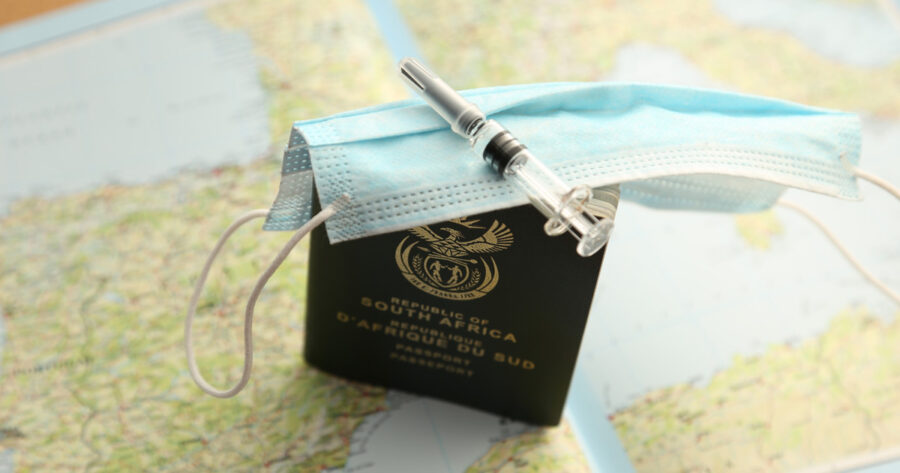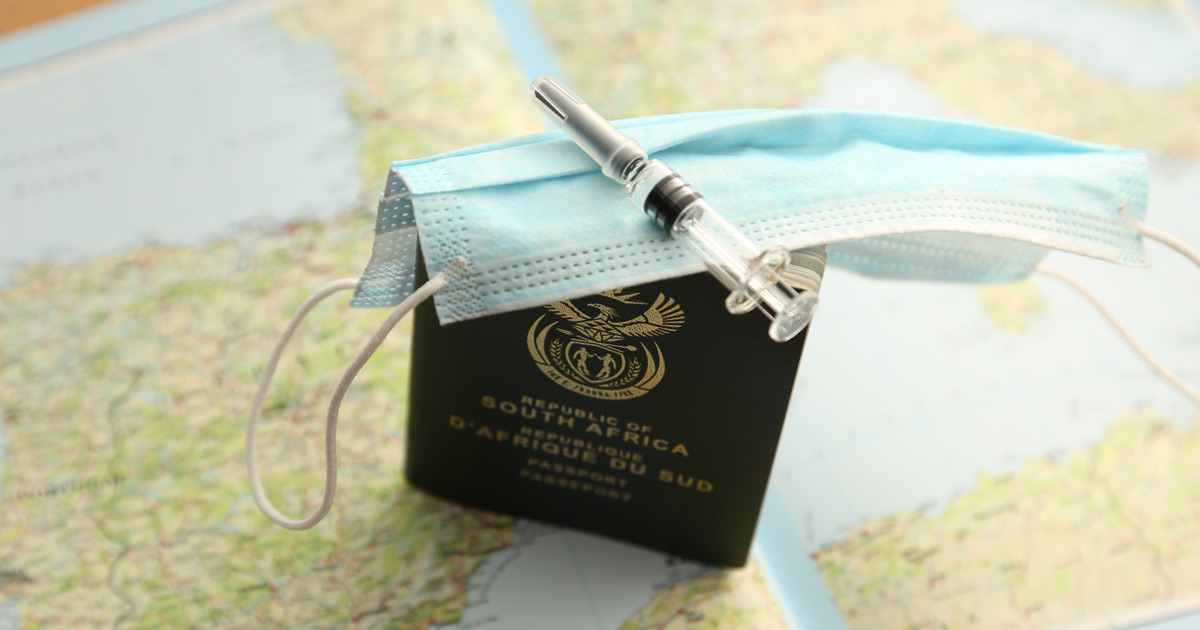
DIRCO Guidelines for South Africans Travelling to High Risk Countries
DIRCO Minister Dr Naledi Pandor has issued a plea to South Africans travelling to the Northern hemisphere for the festive season to exercise caution as most countries are deep into the second way of Covid-19. The Minister of International Relations and Cooperation (DIRCO) said she was worried about travellers becoming distressed or even destitute, pending the […]

DIRCO Minister Dr Naledi Pandor has issued a plea to South Africans travelling to the Northern hemisphere for the festive season to exercise caution as most countries are deep into the second way of Covid-19.
The Minister of International Relations and Cooperation (DIRCO) said she was worried about travellers becoming distressed or even destitute, pending the reintroduction of stricter lockdown restrictions with the likelihood of international flights being cancelled at short notice… as happened during the first wave.
“Please note that you will be travelling at your own risk to these countries knowing the current circumstances and the uncertainty going forward,” the Minister said.
Pandor has also asked SA holidaymakers to familiarise themselves with immigration and health entry requirements of the country they will be visiting during the pandemic.
“If you have any uncertainty regarding the entry health requirements of the country you will be visiting, then please contact their embassy in SA for assistance. If you need any clarity about the health entry requirements upon your return to SA, and then please consult the website of the Department of Health,” she added.
Get travel insurance for holidays abroad
According to the Minister, travellers should also ensure that they have adequate travel insurance.
“Many South Africans had no or inadequate travel insurance during the peak of the pandemic earlier this year to cover extended hotel accommodation, new flight tickets, and so on.”
Register with embassies abroad
The Minister also asked travellers to register with the South African embassies abroad – contact details of these SA embassies are available on DIRCO’s website.
“South Africans are encouraged to register via the e-mail addresses provided as some of our officials might be working remotely due to local lockdown regulations and will not always be able to take your calls. Inform your family or next of kin of your destination and duration of stay.”
Ensure you meet immigration requirements
Also, ensure that you meet the immigration requirements of the country you wish to visit as countries have revised their visa regimes during the global pandemic.
“Read thoroughly on the country you intend visiting as the global situation is unstable. If the country you visit is a high risk one, consider postponing your visit or proceeding with caution if the travel is avoidable.”
Also, know the COVID-19 protocols of the country you intend visiting as should you not comply, you might be refused entry, she advised.
“Although not yet common, many airlines will likely require proof of COVID-19 vaccinations before commencing travel. Currently, a COVID-19 test is compulsory.”
Repatriation of South Africans
One of the hurdles faced by the department this year was the repatriation of citizens who found themselves stuck outside of South Africa due to lockdowns that were implemented by many countries, including South Africa.
According to Pandor, the department’s Consular Services managed to repatriate just over 30 000 South Africans who were stranded from all corners of the world, using over 350 flights.
The Minister said this was from when President Cyril Ramaphosa announced South Africa’s level 5 lockdown on the 15 March 2020 to when international travel was again permitted under level 1.
“The number excludes tens of thousands who used our land borders.”
She has expressed her gratitude to all the officials who were involved in this process.
“I know many spent sleepless nights, working seven days a week trying to bring our fellow citizens back to their loved ones.”
Pandor has also urged people to keep safe, as the number of COVID-19 cases peak in South Africa – by wearing masking, maintain social distance and washing hands. – SAnews.gov.za
